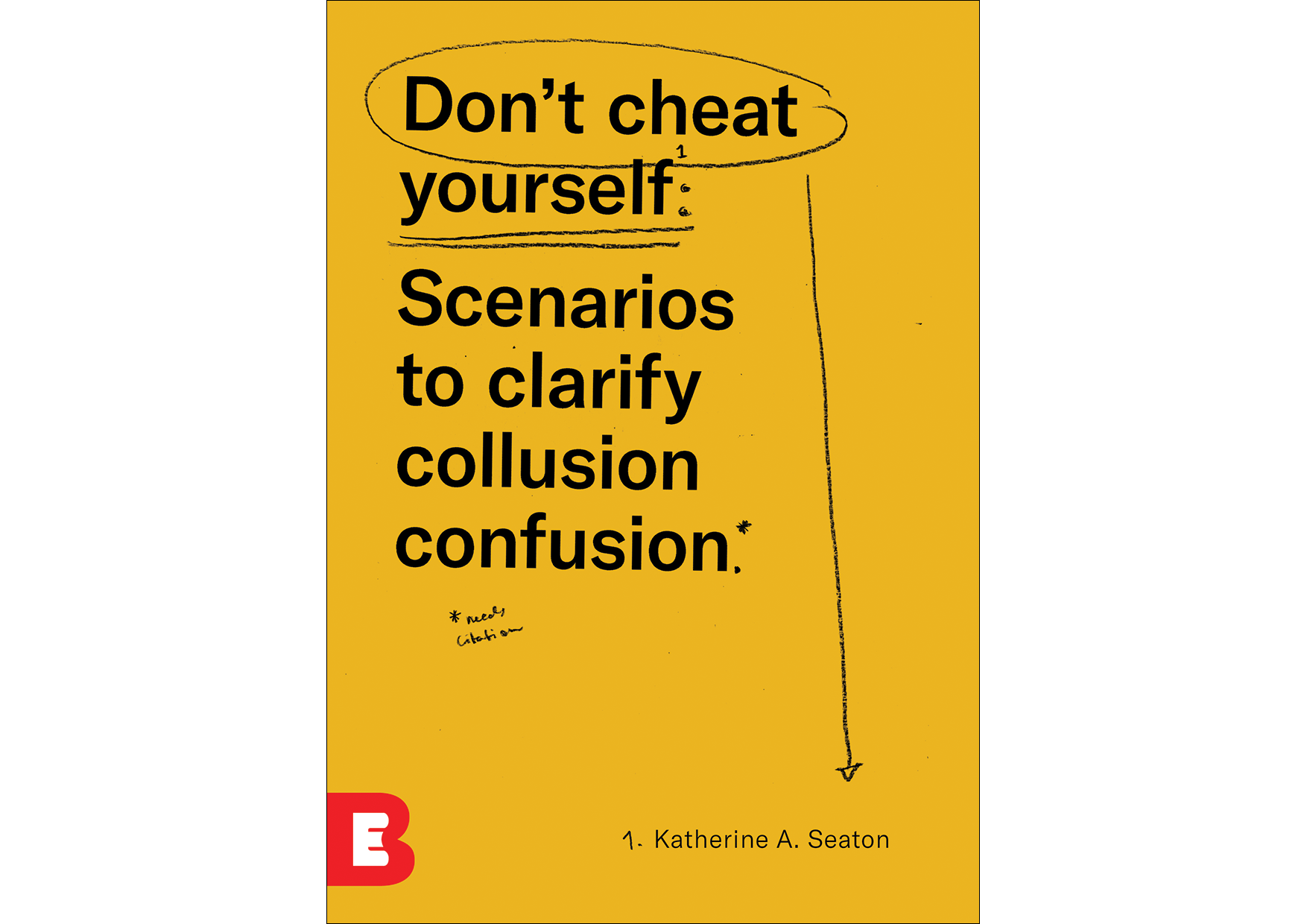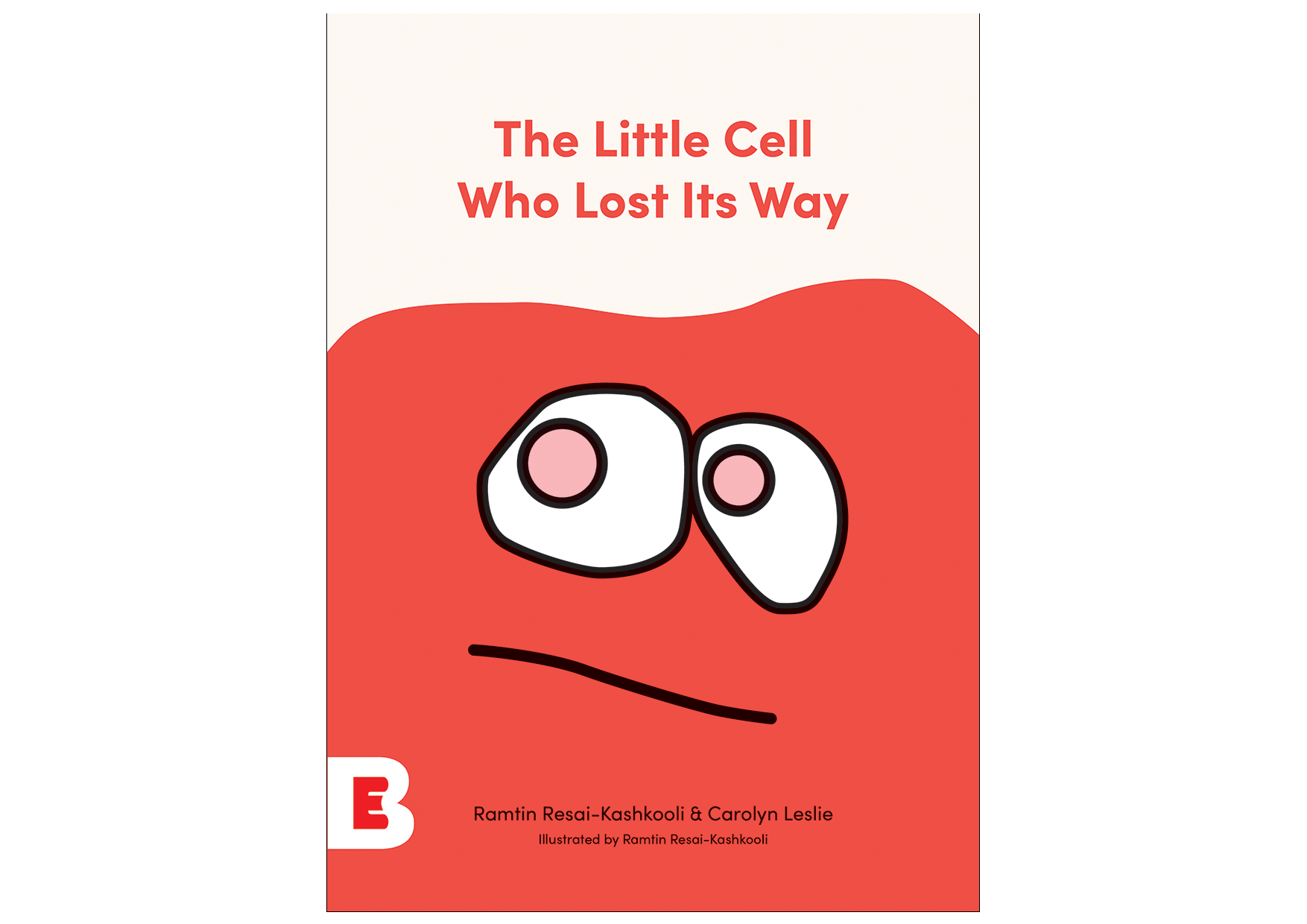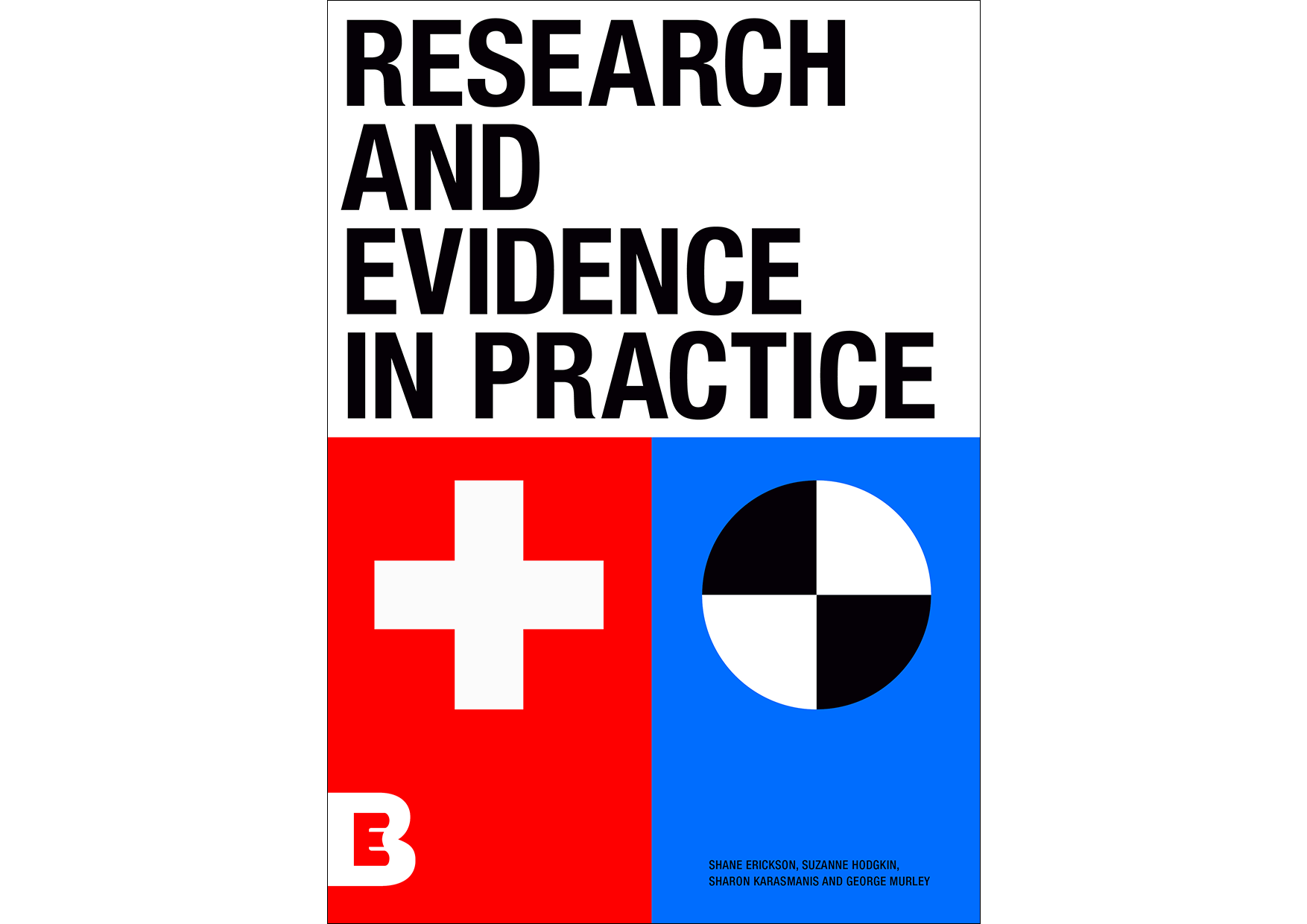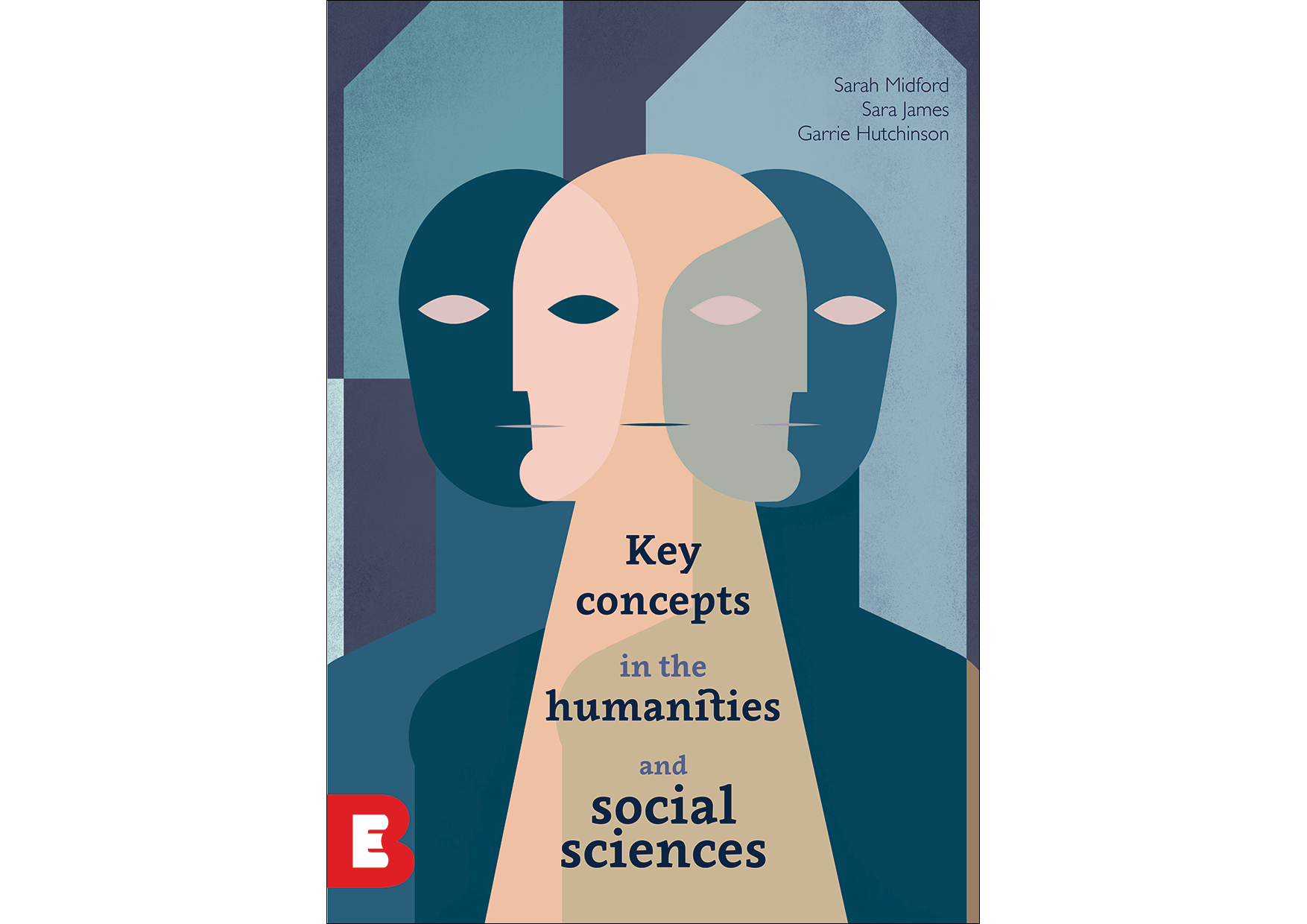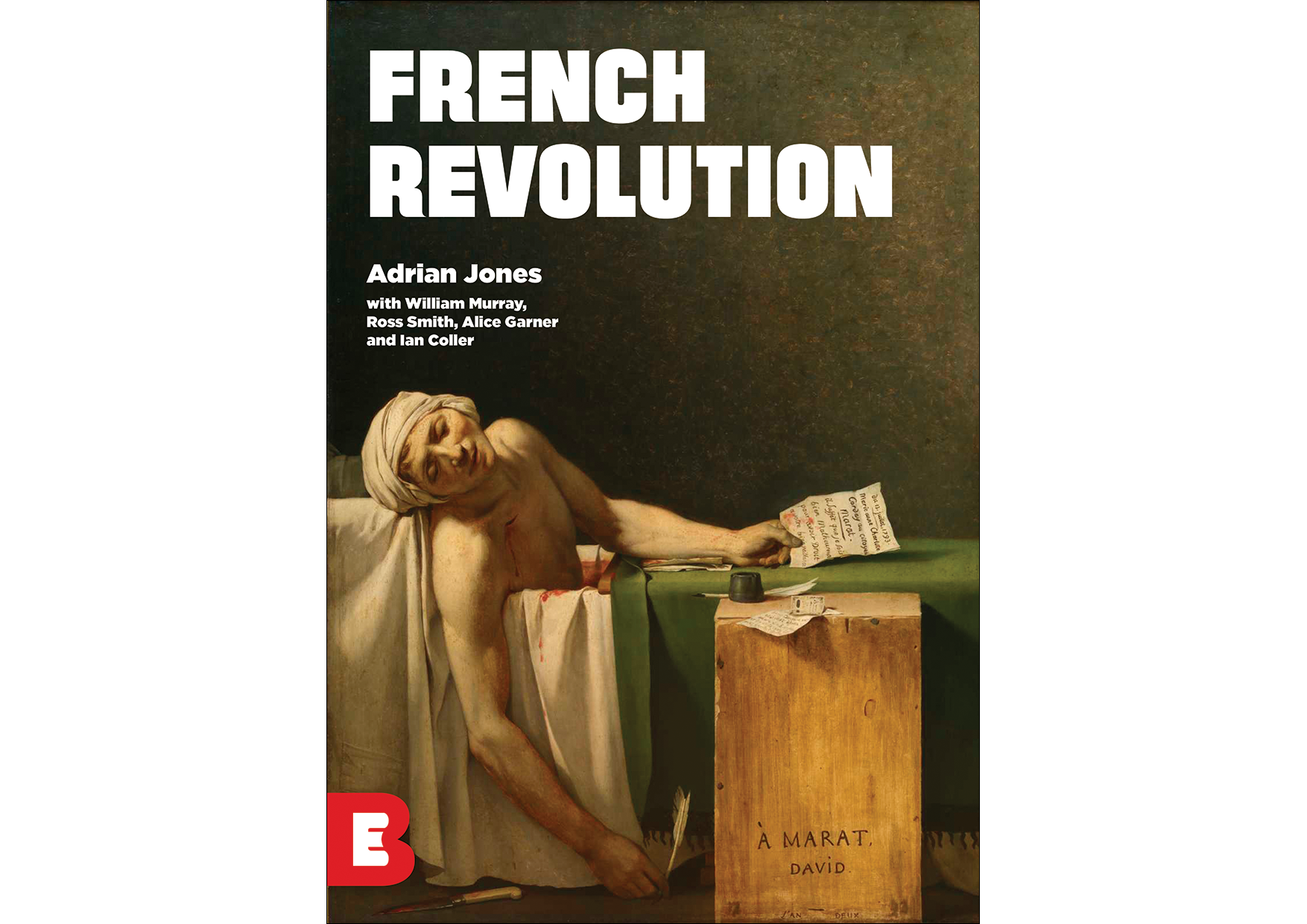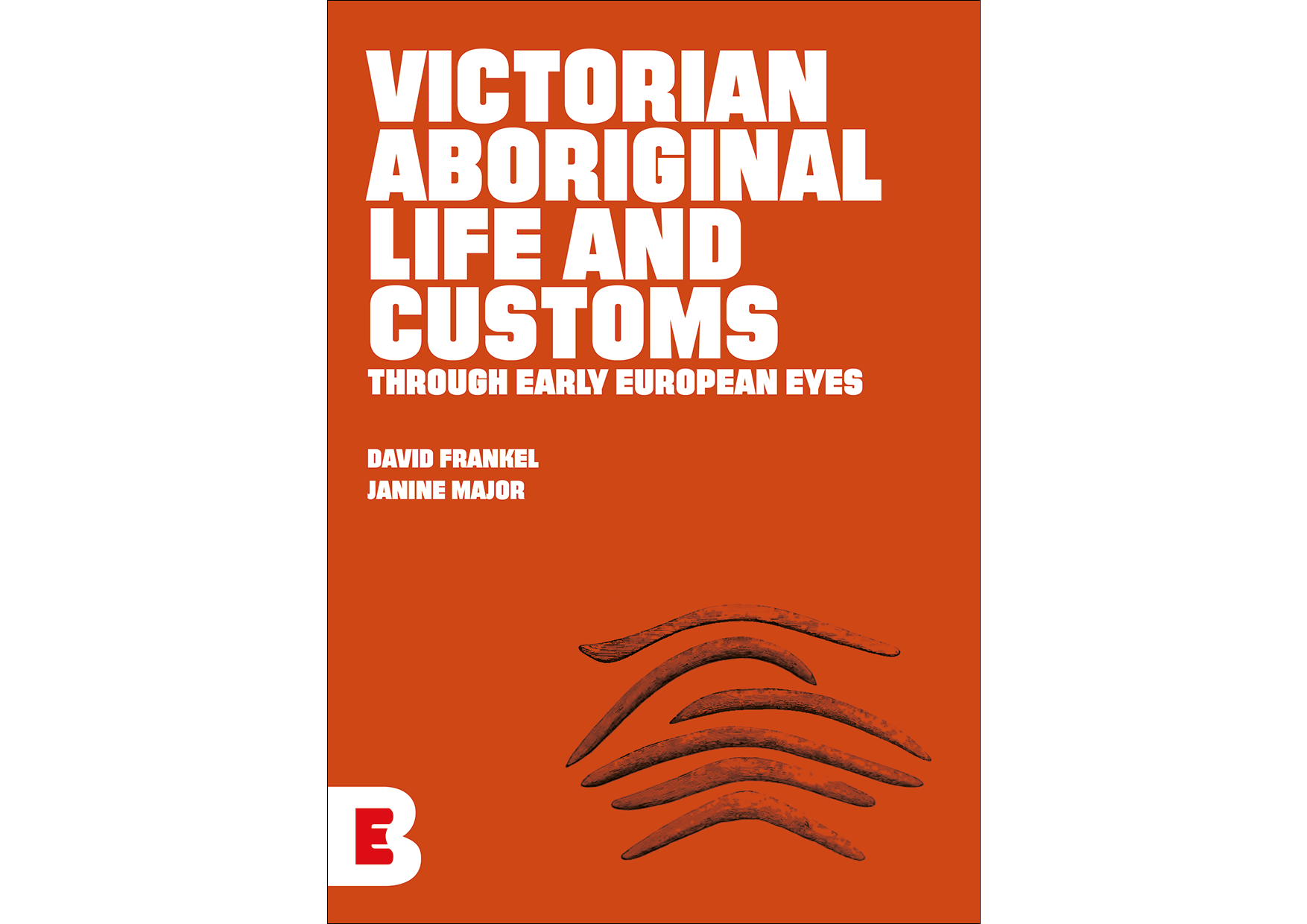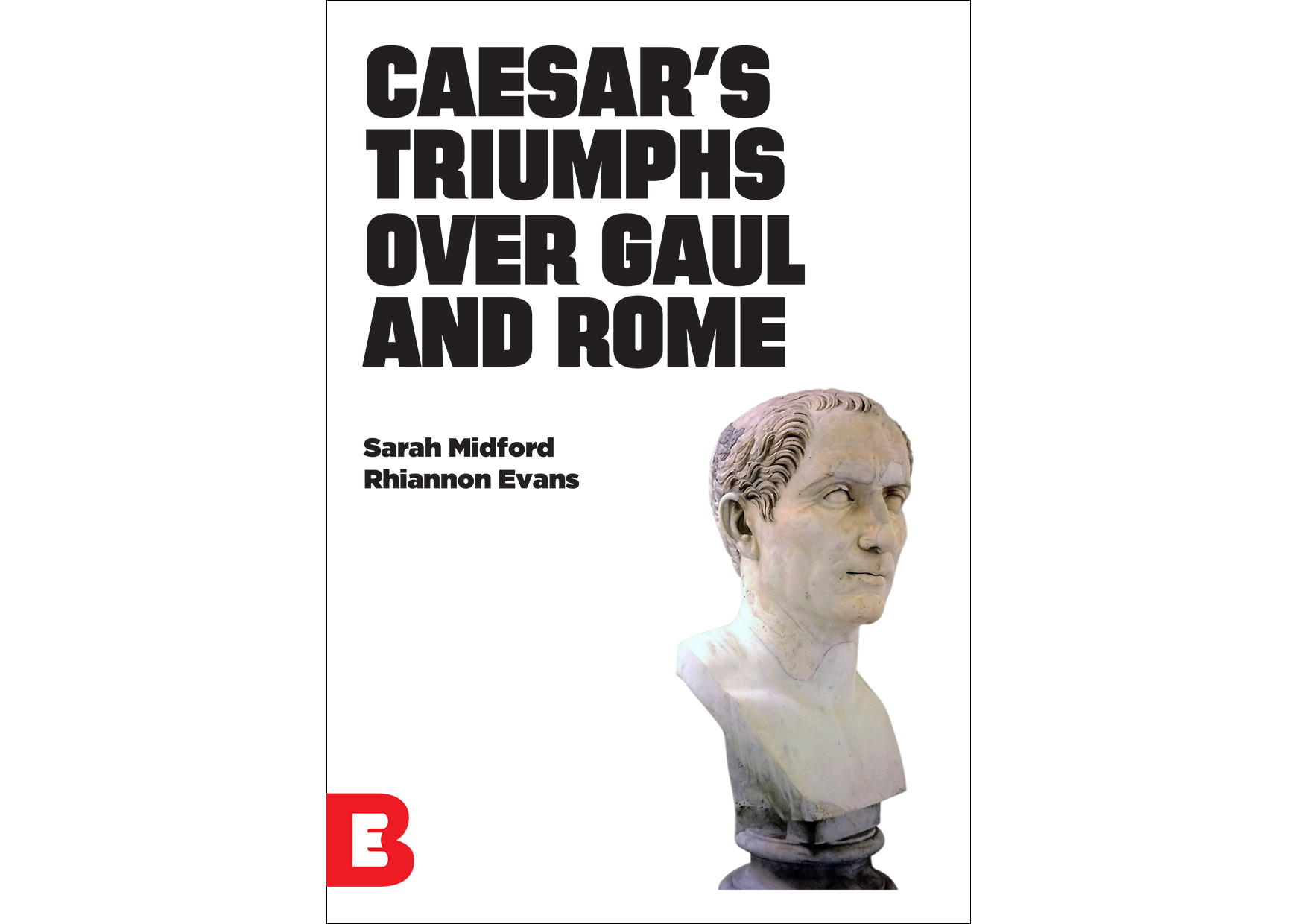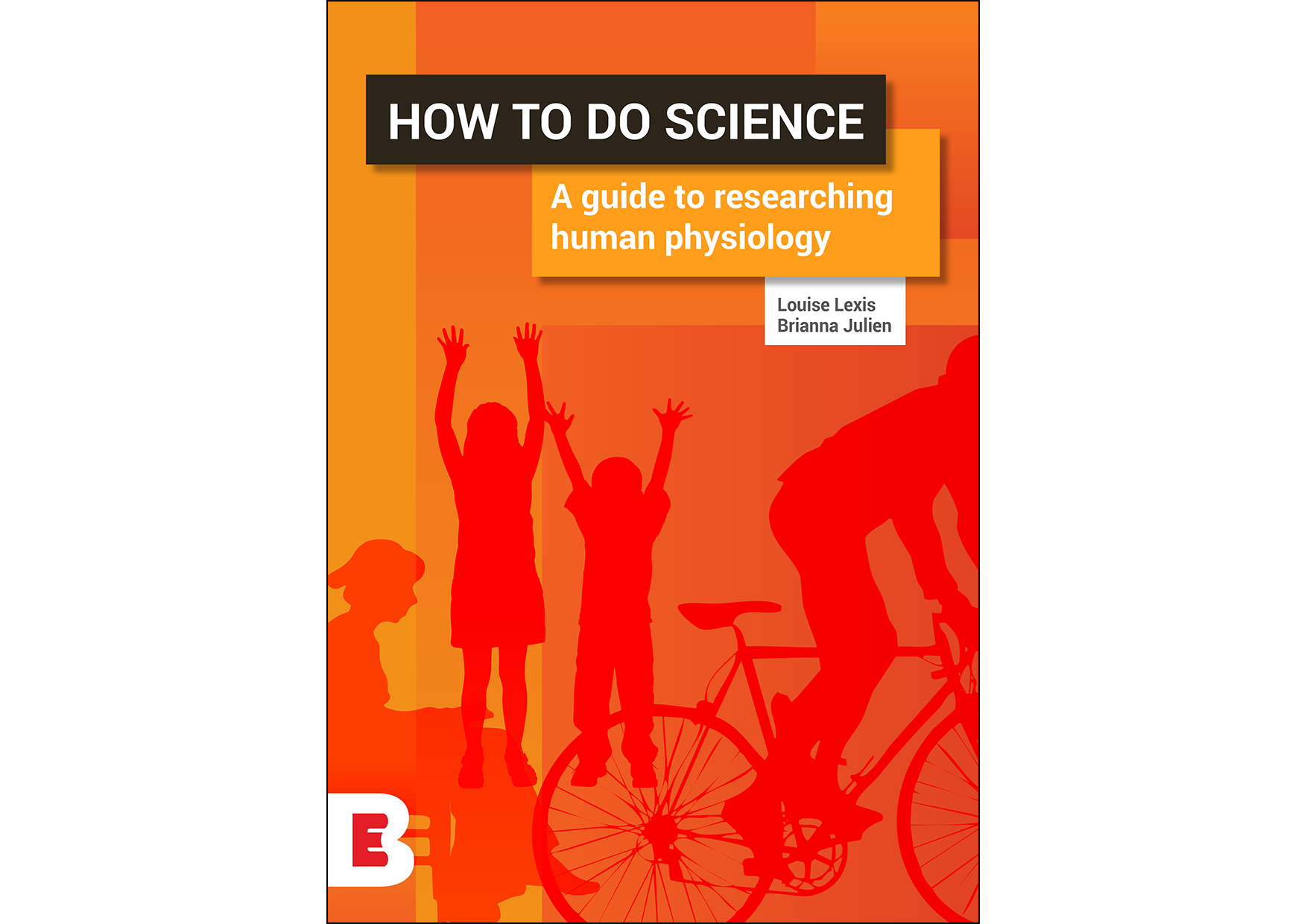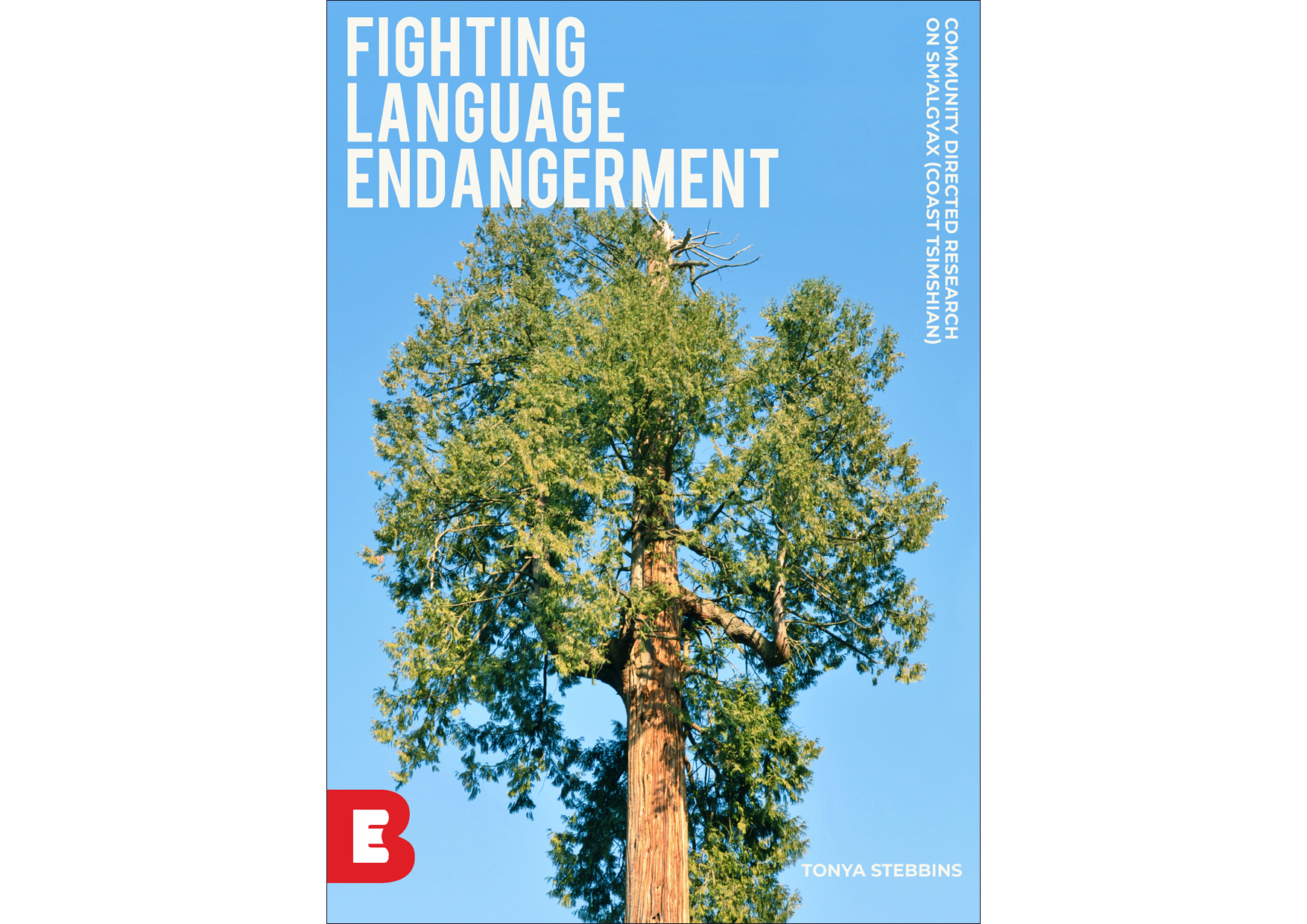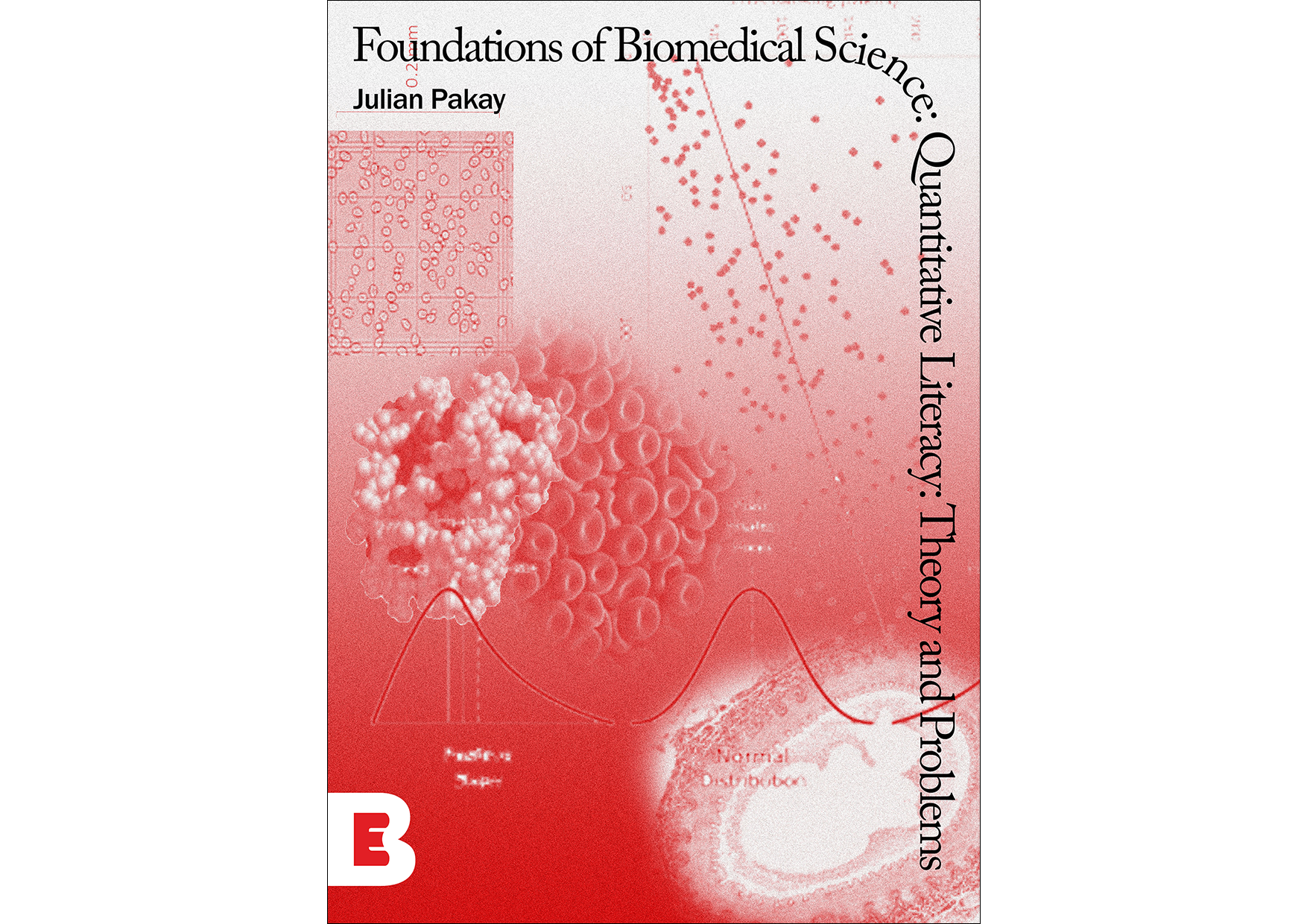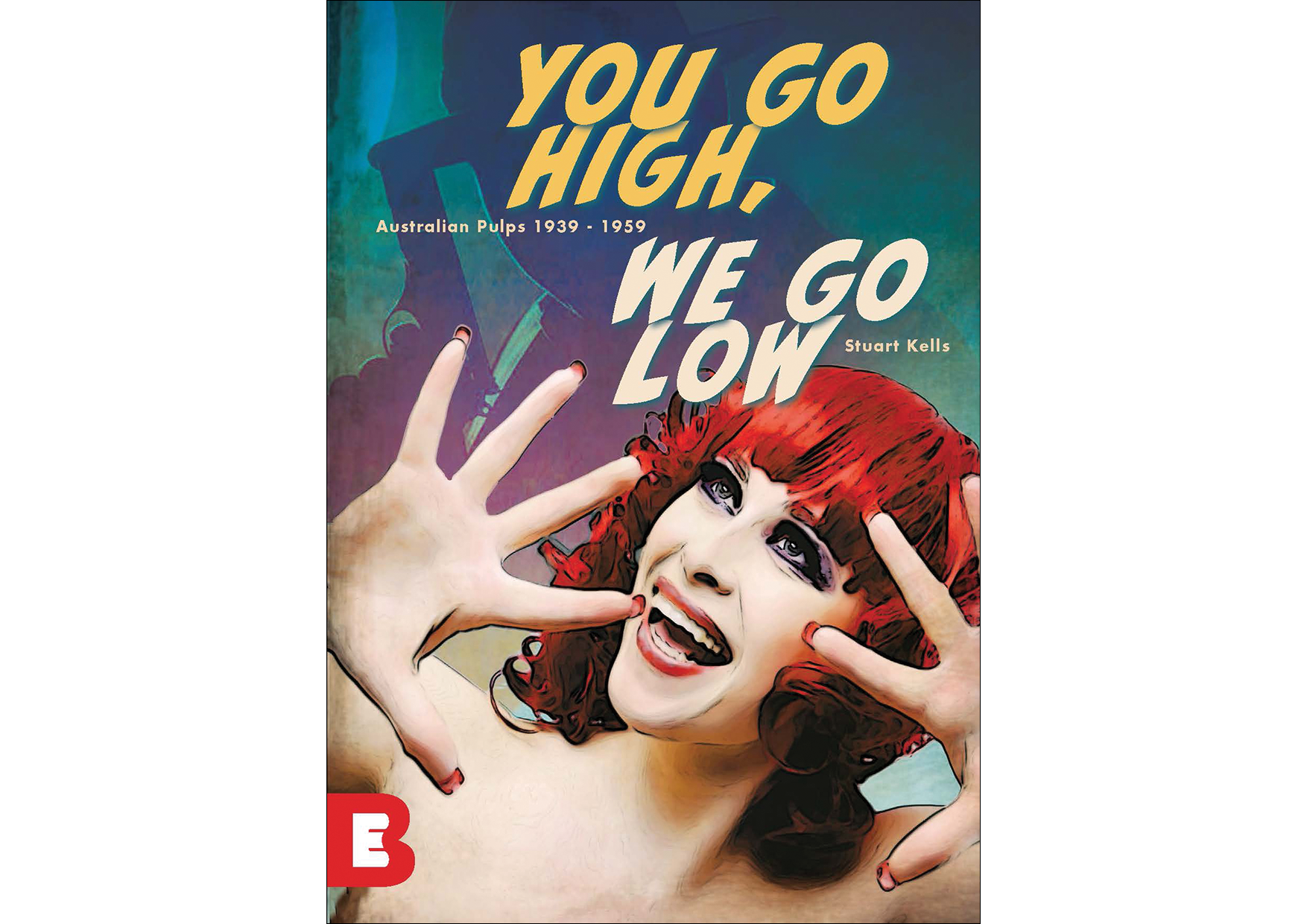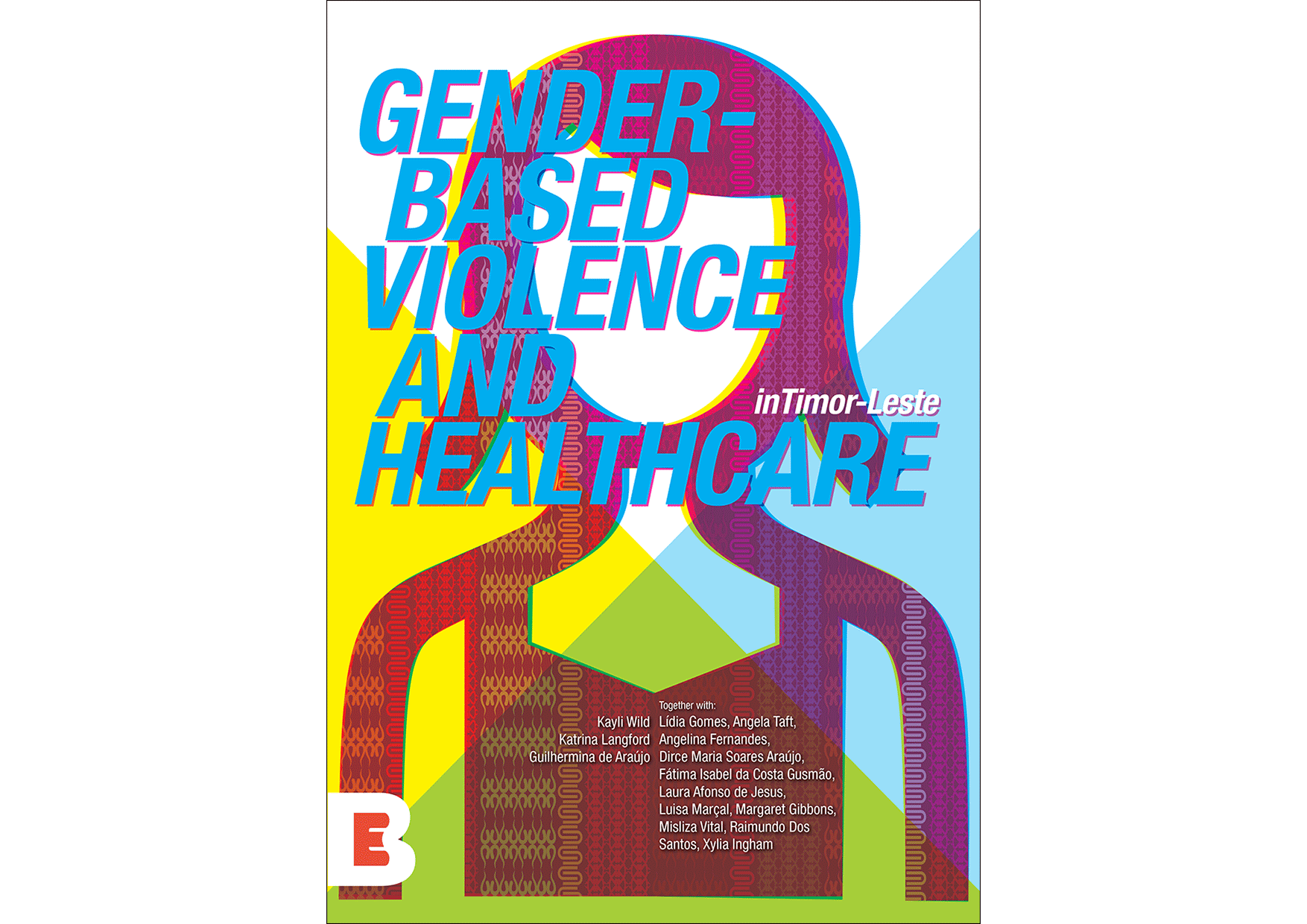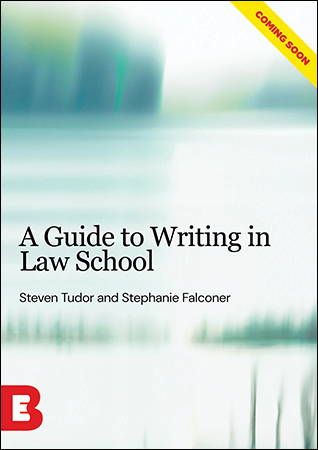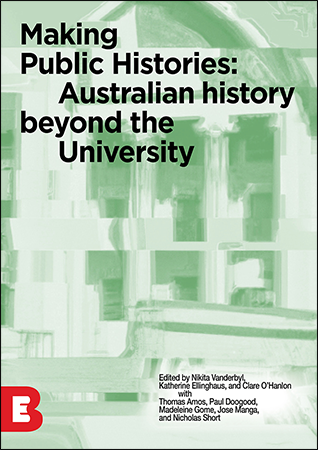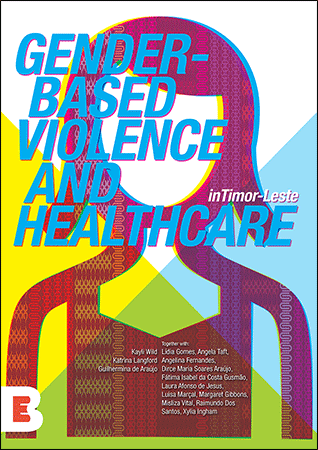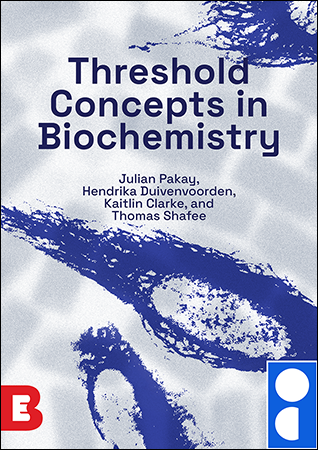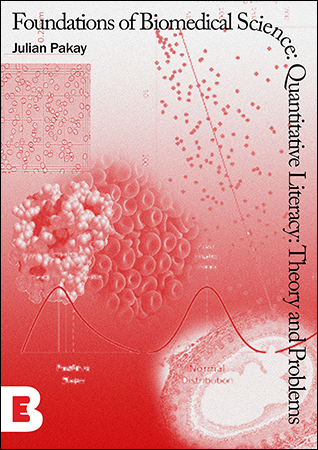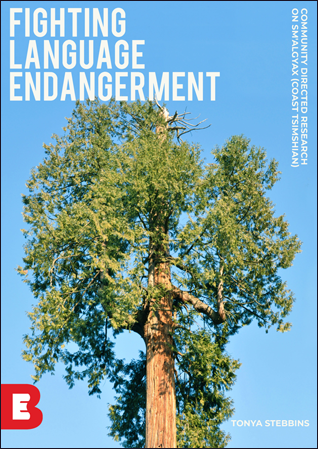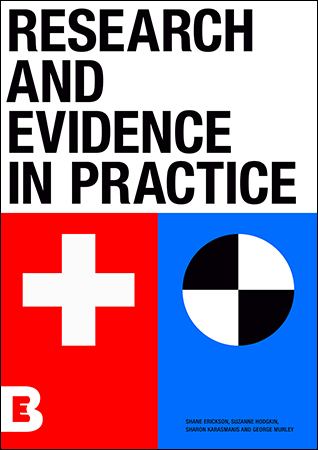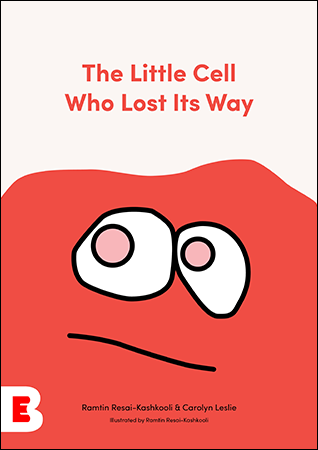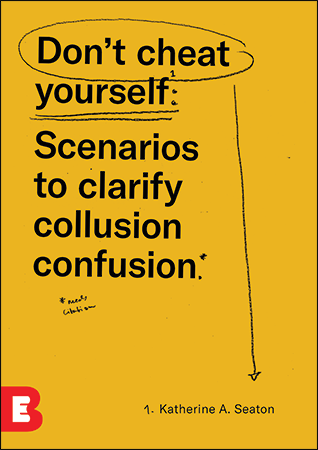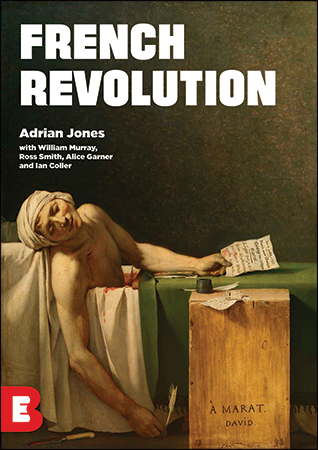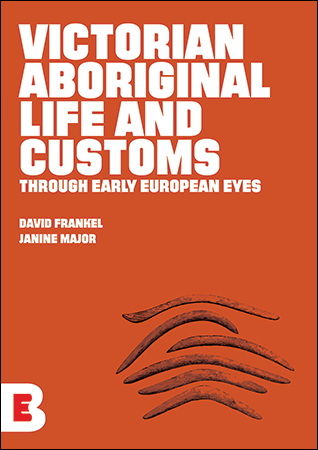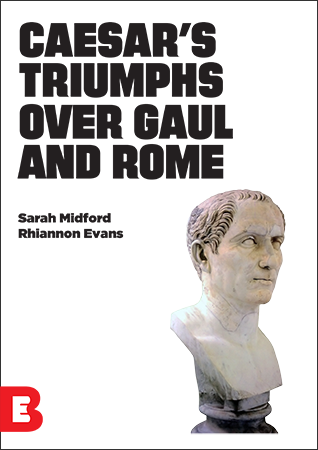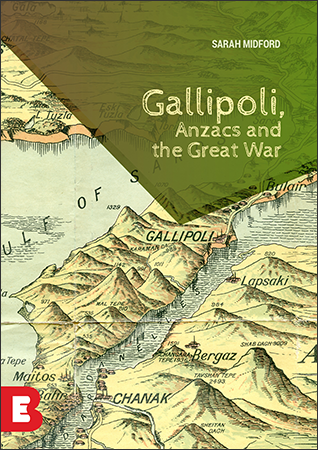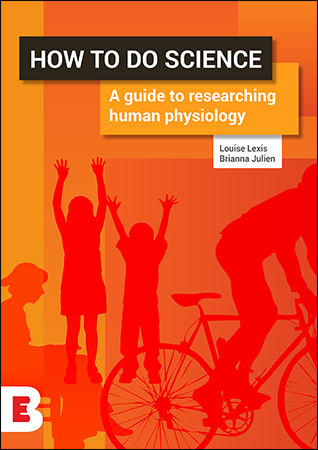Don't cheat yourself: Scenarios to clarify collusion confusion
Katherine A. Seaton
Updated edition (v1.01) published 2023
Ensuring academic integrity in mathematical tasks presents a unique challenge, for university students and for their assessors, and one that hitherto has been under-examined. Drawing on her twenty years of experience in mathematics education, the recent academic integrity research literature, and on what students say about why misconduct occurs, the author examines this issue head-on. Don’t Cheat Yourself: Scenarios to clarify collusion confusion facilitates intentional consideration of the nature and purpose of assessment in mathematics, and of how some types of interactions between students undermine that purpose. Pertinent and realistic scenarios are provided as prompts for discussion, through which students in mathematical disciplines can come to a better understanding of what constitutes copying and collusion, identify strategies for finding support, be warned of the short and long term consequences of misconduct, and be set up to learn collaboratively and work legitimately.
Download [PDF 2.1MB] Download High Res. [PDF 5.4MB]
ISBN: 978-0-6484681-0-3
DOI: https://doi.org/10.26826/1009
back
The Little Cell Who Lost Its Way
Ramtin Resai-Kashkooli, Carolyn Leslie
2019
One little cell had a very big dream.
In order to achieve this, it bonded with a team.
Merging together, the cells reaped lots of benefits
By forming strong bonds through the process of myogenesis.
Combining peer-reviewed science with an engaging rhyming text and fun illustrations, The Little Cell Who Lost Its Way tells the story of how an individual microscopic cell organises with others just like it to become a strong and flexible muscle fibre.
This ebook has been created for young children who are beginning to learn about the life sciences, and in this example, how cells form the building blocks of the body. It touches on themes of teamwork, biological development and the mysterious scientific process known as ‘myogenesis’.
It’s also great for education students and teachers who are exploring how to communicate complex scientific concepts to young people.
Download [PDF 2.3MB] Download High Res. [PDF 3.2MB]
ISBN: 978-0-6484681-1-0
DOI: https://doi.org/10.26826/1008
back
Research and evidence in practice
Shane Erickson, Suzanne Hodgkin,
Sharon Karasmanis, George Murley
2018
This ebook is an introduction to the use of research-based evidence in professional health-care practice. It will help you to understand the role of evidence in health care, including how evidence is developed, and how to interpret research methods and outcomes.
Download [PDF 27.5MB] Download High Res. [PDF 30.8MB]
ISBN: 978-0-9953727-7-1
DOI: https://doi.org/10.26826/1007
back
Key concepts in the humanities and social sciences
Sarah Midford, Sara James, Garrie Hutchinson
2018
This ebook is a collection of foundational concepts in the humanities and social sciences and will be useful to any reader who wants to better understand key terms and concepts relevant to human cultures and their history.
The reader should note, however, that the terms included in the book have originated from the particular needs of the core Bachelor of Arts subjects at La Trobe University, Rethinking Our Humanity and Ideas that Shook the World, which focus on concepts as they apply to contemporary Australian culture.
Download [PDF 12.4MB] Download High Res. [PDF 34.8MB]
ISBN: 978-0-9953727-3-3
DOI: http://doi.org/10.26826/1006
back
French Revolution
Adrian Jones with William Murray, Ross Smith, Alice Garner and Ian Coller
2018
French Revolution uses primary sources, written and visual, to make the past really come alive. Rather than just summarise and simplify historical events, the authors focus on the use of primary sources to help readers to engage with and care about people of the past, making them and their lost world seem more real. This ebook brings together different perspectives that guide the reader to consider the chronologies, contexts and changing ideas critical to understanding the eighteenth century in France, an important and creative period and place that helped shape the history of the modern world.
Download [PDF 22.5MB] Download High Res. [PDF 62.3MB]
ISBN: 978-0-9953727-6-4
DOI: https://doi.org/10.26826/1005
Victorian Aboriginal life and customs through early European eyes
David Frankel, Janine Major
2017
Within two generations of the first European settlement of Victoria traditional Aboriginal society was almost entirely destroyed. At the same time many European settlers, government officials and missionaries observed and documented aspects of the everyday lives of the people they were displacing. This selection of over 700 extracts from a wide variety of these sources provides glimpses into this rich and complex world. It includes notes on hunting, fishing and associated technologies; on clothing, ornaments and recreation; on social relationships, exchange systems, ceremonies and associations with Country.
This ebook is a convenient entry-point into this important body of information which is otherwise often difficult to access, and will be of use to anyone with an interest in Victorian Indigenous history and society.
ISBN: 978-0-9953727-0-2
DOI: https://doi.org/10.26826/1004
Caesar's triumphs over Gaul and Rome
Sarah Midford, Rhiannon Evans
2017
This ebook examines Julius Caesar’s Gallic conquests in his campaign for political power in Rome after his triumphant return from conquering Gaul.
Download [PDF 3.9MB] Download High Res. [PDF 10.1MB] Web version (any device)
ISBN: 978-0-9953727-4-0
DOI: https://doi.org/10.26826/1003
Gallipoli, Anzacs and the Great War
Sarah Midford
2017
The Gallipoli Campaign was fought during World War I (the Great War) from 1914 to 1918. This ebook introduces the reader to the impact and legacy of the Great War in history, literature and commemorative processes throughout Australia and New Zealand.
Download [PDF 14.2MB] Download High Res.[PDF 30.8MB]
ISBN: 978-0-9953727-1-9
DOI: https://doi.org/10.26826/1002
How to do science:
A guide to researching human physiology
Louise Lexis, Brianna Julien
2017
How to do science: a guide to researching human physiology has been written for students of the life sciences who are actively engaged in the scientific process. A lot of support is available for students learning scientific facts, but we found that it was harder to find resources to support students to become scientists.
This ebook introduces you to what it means to be a scientist. You will learn about the scientific method and how to do many tasks of a scientist, your roles and responsibilities as a scientist as well as possible career paths, and how to use your skills as a science graduate to get a leg up in the job market.
Download [PDF 31.8MB] Download High Res. [PDF 55MB]
ISBN: 978-0-9953727-2-6
DOI: https://doi.org/10.26826/1001
Democracy in difference: Debating key terms of gender, sexuality, race and identity
Carolyn D'Cruz
2020
Democracy in difference: Debating key terms of gender, sexuality, race and identity focuses on concepts and analytical frames we use when discussing how marginalised identities navigate their place in an assumed common culture.
This ebook offers a path for exploring how we might build a shared vocabulary when working through the muddle of public debates like identity politics, political correctness, pronouns and what constitutes racism. Democracy in Difference is an unconventional interdisciplinary guide to key concepts, which borrows from decolonial methodologies, Marxism, feminism, queer theory and deconstruction.
Key terms are illustrated through written text, La Trobe Art Institute artworks (centering Indigenous artists), poetry, comedy and song, and customised animations which make difficult terms accessible.
ISBN: 978-0-6484681-2-7
DOI: https://doi.org/10.26826/1010
back
Fighting language endangerment: Community directed research on Sm'algyax (Coast Tsimshian)
Tonya Stebbins
2020
This ebook explores issues associated with working in a community directed project to prepare a dictionary for community use.
It identifies a range of practical, theoretical and personal challenges associated with working closely with language activists in a First Nations community who are seeking to address language loss.
Download [PDF 7.5MB] Download High Res. [PDF 15.8MB]
ISBN: 978-0-6484681-3-4
DOI: https://doi.org/10.26826/1011
back
Foundations of Biomedical Science: Quantitative Literacy Theory and Problems
Julian Pakay
2023
Modern Biomedicine is evidence-based, which means it is underpinned by quantitative data. Recent technological advances have led to Biomedicine (and Biology in general) becoming more “data driven” and hence more quantitative and predictive. Hence, now more than ever, an understanding of quantitative data is crucial for students of Biomedical disciplines.
Foundations of Biomedical Science: Quantitative Literacy Theory and Problems is designed to help students develop the fundamental mathematical and quantitative literacy required to navigate and interpret evidence-based Biomedical data. This ebook is divided into short chapters, each containing a concise summary of:
- theory provided through a Biomedical context
- authentic worked examples, problem sets and solutions
- further extension and application of the theory.
These chapters build to provide students with the skills and confidence to habitually question any quantitative data they come across and to use these skills to make informed judgements regarding their veracity.
Open this book
ISBN: 978-0-6484681-8-9
DOI: https://doi.org/10.26826/1016
back
Australian pulps 1939–1959: You go high, we go low
Stuart Kells
2021
Popular during the middle parts of the 20th century, pulp fiction novels and comics were produced in massive quantities by Australian publishers. Most were written by hacks and enthusiastic amateurs willing to sign contracts that demanded an incredibly high output of work. Pulp publications were cheaply made, formulaic and designed to be read quickly and then thrown away. Often noted for their lurid cover art and titillating titles, they satisfied an appetite for fast entertainment in the era before television.
This book explores the pulp publishing scene in Australia from 1939 to 1959. It examines the circumstances that gave rise to this field of ‘low literature’; the major participants in it – publishers, authors and artists – and the different expressions of the pulp genre available to readers, including crime pulps, westerns, sci-fi, romance and ‘weird tales’.
The book is vividly illustrated with covers from the author’s own collection of Australian pulp novelettes. It provides an introduction to an under-regarded and little known sphere of Australian publishing. It is a valuable record of the mostly overlooked Australian writers involved, and the distinctive conditions under which these cultural products were produced.
Download [PDF 19.0MB] Download High Res. [PDF 79.2MB]
ISBN: 978-0-6484681-4-1
DOI: https://doi.org/10.26826/1012
back
Gender-based violence and healthcare in Timor-Leste
Kayli Wild, Katrina Langford, Guilhermina de Araujo
2023
Download English [PDF 14.3MB] Download Tetum [PDF 15.5MB] back
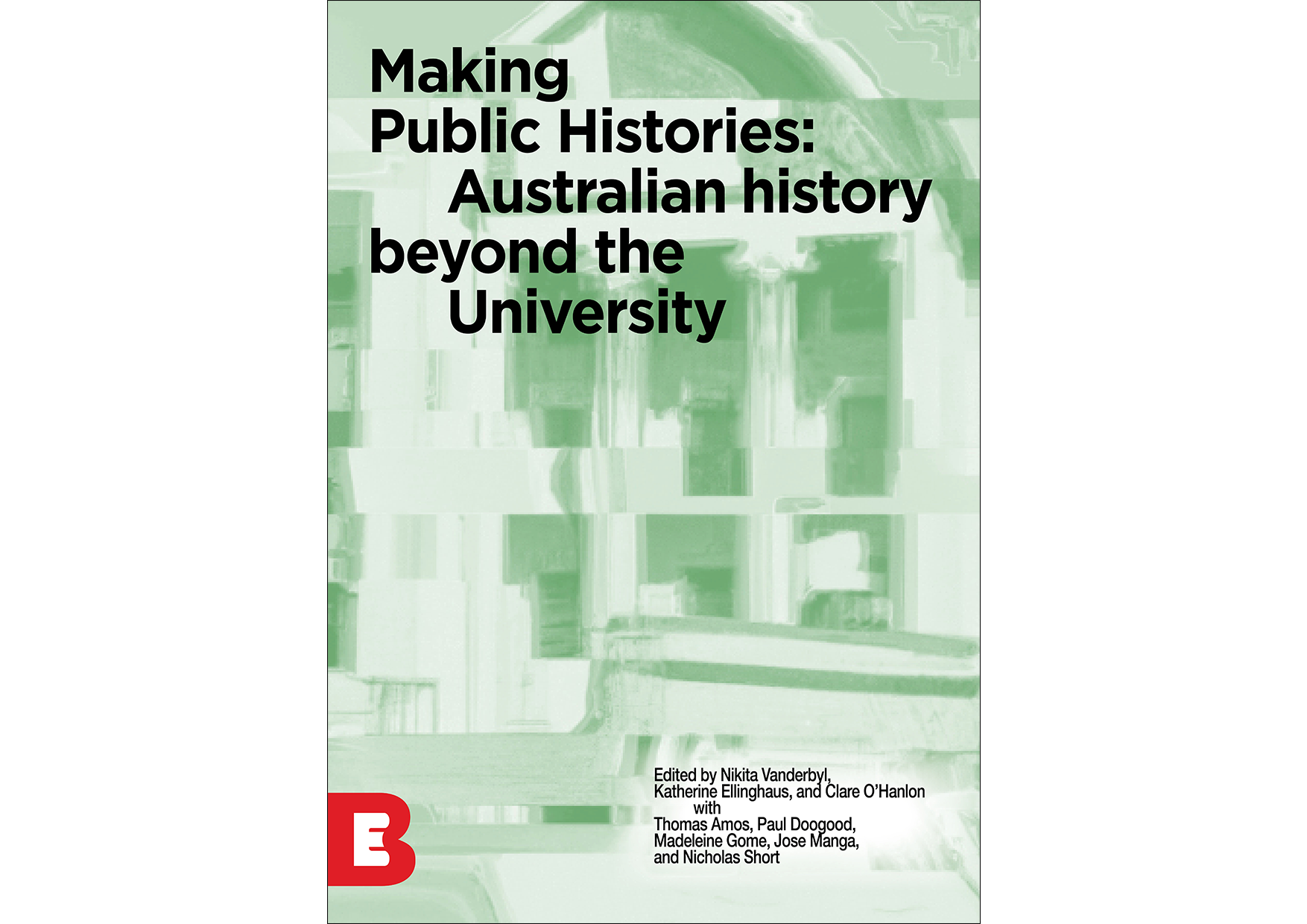
Making public histories: Australian history beyond the university
Nikita Vanderbyl, Kat Ellinghaus, and Clare O'Hanlon
2023
This book is created for, and ultimately with, students in Making History HIS3MHI. It is used heavily in this capstone history subject to harness the principles and power of open education. This is a book and subject that asks broadly what it means to "make history" - in particular, what history means beyond schools and universities. We ask, what are the different forms and functions of historical knowledge in the modern and contemporary world? What does history mean in the public sphere, in parks, on webpages, in museums, and in people's homes? What happens when historians operate in the public sphere? How is the past utilised by politicians? How does it bind us (or not) as a nation? How is it used to inform debates about the future both inside and outside universities, in schools, and in the mainstream community? How is history presented in commemorations, films, heritage sites, historical fiction, memorials, museums, re-enactments, and tours? What are the ethical and moral obligations historians have as "gatekeepers" of the past?
Open this book
ISBN: 978-0-6458388-1-7
DOI: https://doi.org/10.26826/1019
back
Threshold concepts in Biochemistry
Julian Pakay, Hendrika Duivenvoorden, Thomas Shafee, and Kaitlin Clarke
2023
Biochemistry (and Molecular Biology) represent one of the fastest-growing fields of scientific research and technical innovation and the resulting biotechnology is increasingly applied to other fields of study. So, an understanding of Biochemistry is increasingly important for students in all biological disciplines. However, at the same time, the content is inherently complex, highly abstract, and often deeply rooted in the pure sciences - mathematics, chemistry, and physics. This makes it difficult to both learn and to teach.
This book will be designed as a succinct and focused resource, specifically aimed to help students grasp key threshold concepts in Biochemistry. Due to their troublesome nature, understanding threshold concepts is a cognitively demanding task. By using a series of thematically linked case studies that accompany theory, the cognitive load will be reduced. This will free up students to focus on learning concepts rather than distracting them with unnecessary specifics.
Open this book
ISBN: 978-0-6484681-9-6
DOI: https://doi.org/10.26826/1017
back
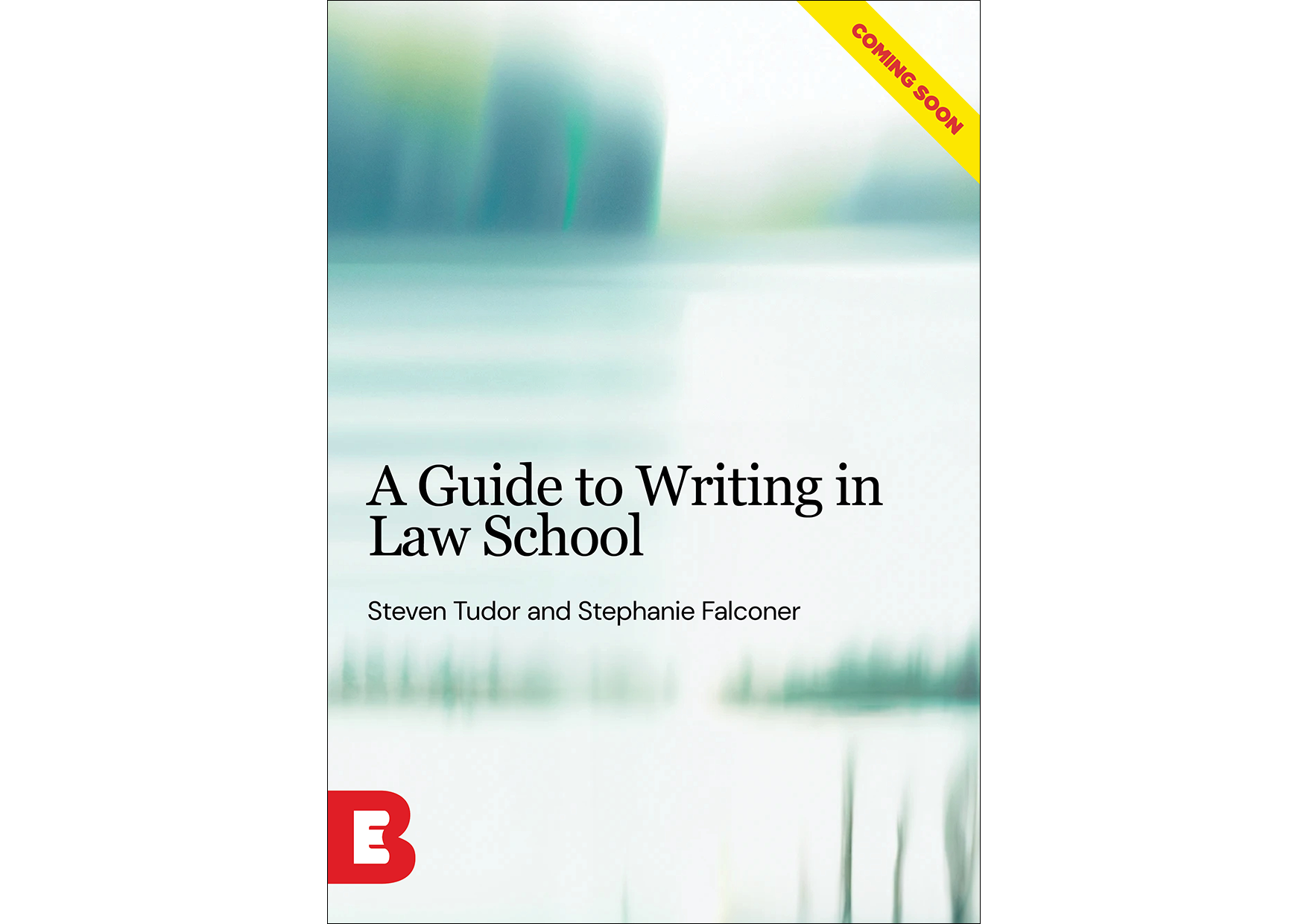
A Guide to Writing in Law School
Steven Tudor and Stephanie Falconer
2023
A Guide to Writing in Law School is intended to help law students to develop their writing skills.
Writing clearly and effectively is a vital legal skill.
Lawyers use this skill daily. Law graduates need, therefore, to have a solid competency in clear and effective writing.
This book aims to help students improve their writing by presenting various pieces of advice, tips, warnings and encouragement.
It contains general chapters on planning, clear writing, and acknowledging your sources,
as well as dedicated chapters on some of the specific writing tasks that law students undertake: case briefs, legal problem-solving, essays, and law reform submissions.
With effort and practice, virtually everyone can improve their writing. A Guide to Writing in Law School is not only for students having particular difficulties.
Those who already write well will find ideas here that will help them become even better writers.
back
